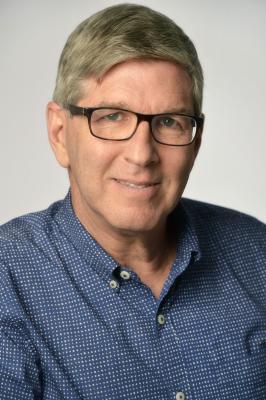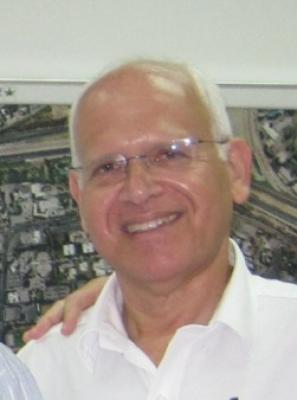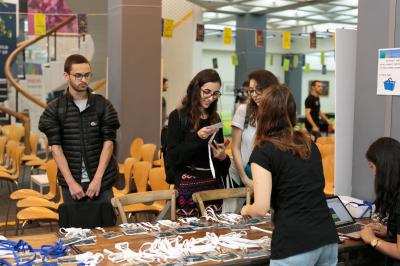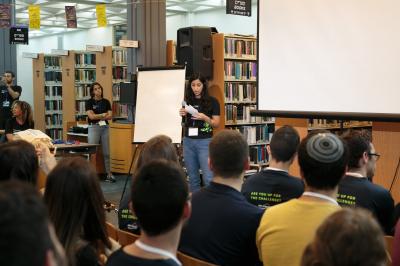The most unique feature in TAU’s Entrepreneurship Center (EC) is the fact that its curriculum and activities were developed and are offered to students of all disciplines as a part of their degree. Not as an add-on, not as a special program for outstanding students, but as a high-quality, in-depth, hands-on program, to students of the Humanities, Social Sciences, Arts, Law, Medicine, Exact Sciences, Life Sciences, Design, Engineering and Business. Other universities’ programs are targeted at engineering and management students and/or, are offered only to exceling students. The fact that TAU is offering this program so broadly is quite unique.
A second key to TAU uniqueness is the extent and breath of our academic program. Our curriculum, holds over 30 courses from which the students can elect to study up to a total of 16 credits. For example, a BA in Philosophy requires 120 credits. A Philosophy student looking to study entrepreneurship can elect to study 104 credits in Philosophy and 16 credits on entrepreneurship (15% of the degree!) to qualify for a BA degree in Philosophy with entrepreneurship studies. In addition, we developed a broad layer of Experiential Entrepreneurship where we have students work on real industry (government, private, social) problems and opportunities. Included in this are soft-skills extracurricular studies. Lastly, our courses and extra-curricular activities are based on industry participation. The intention is that in each course or activity, students will work with industry mentors and guests. This part is still being developed but so far, we had 10s of mentors participate in our activities.











